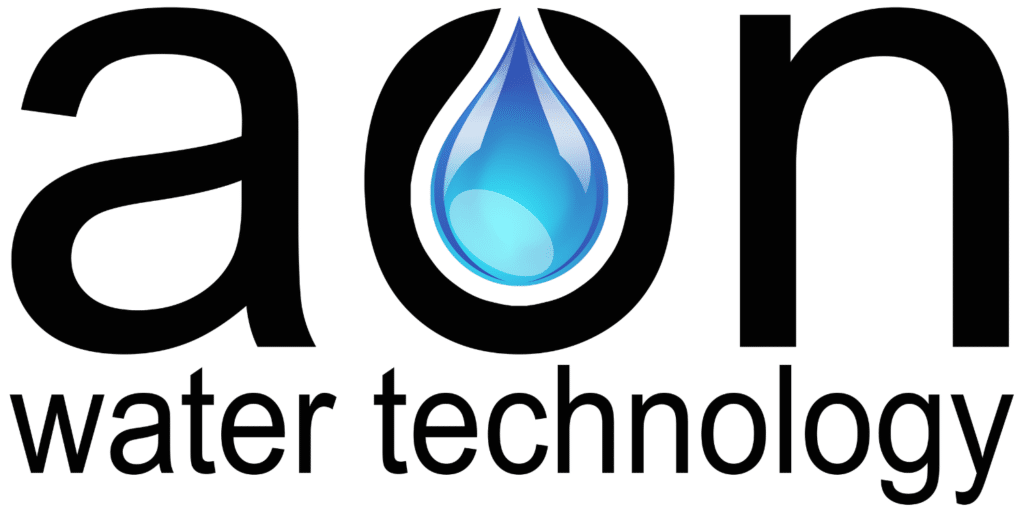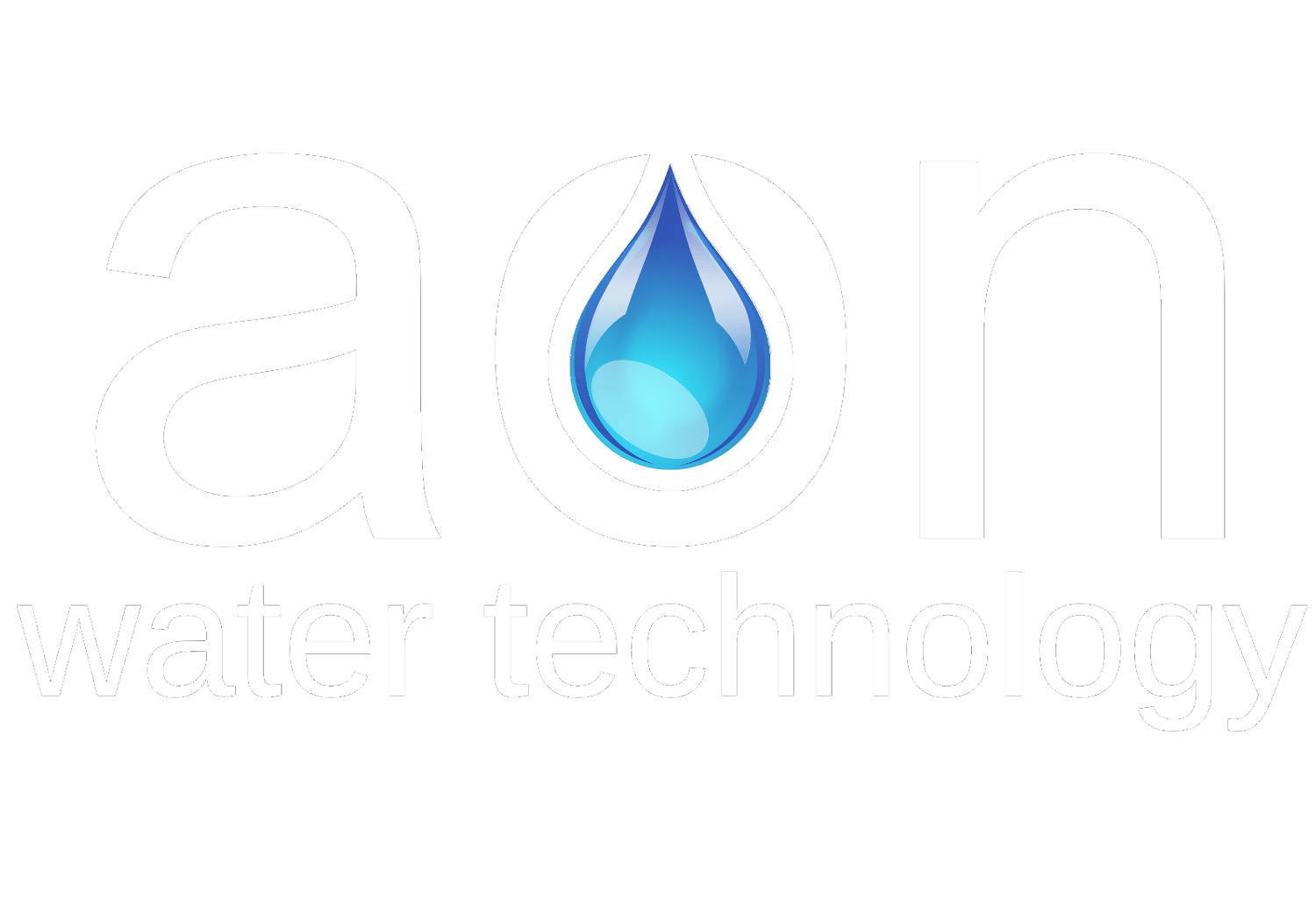Plumbing emergencies can happen at any time and can soon turn into a stressful and expensive situation. Before external help arrives, it’s vital to act fast and follow certain steps to minimize damage and costs.
At Aon Water, we understand that during emergencies staying calm is important and taking the right actions can make a huge difference. Here are some essential tips to help you handle a plumbing emergency.
1. Shut Off the Water
During a plumbing emergency, the first thing you should be doing is turning off the water. If the issue is with a specific fixture, such as the sink or toilet you can usually stop the water supply by turning off the valve near the fixture. If water is flooding from a pipe or you are just not sure where the problem is, it is best to turn off the main water supply of your home.
Typically the main shut-off valves are located in basements, garages, or outside near the water meter. By stopping the water flow quickly you can prevent further damage and assess the situation better.
2. Assess the Problem
After the water has been turned off, you should take a moment to assess the problem. Is it just a small leak, a burst pipe, or a clogged drain? If it is something minor, then you might be able to handle it temporarily on your own.
However, if it is a major issue such as a pipe bursting or sewage backup, then you would need professional help as soon as possible. By understanding the severity of the problem you can better plan your next series of steps.
3. Turn Off the Water Heater
If the emergency involves a loss of water pressure or a major leak, then it is a good idea to turn off your water heater. By doing this you can prevent heat from building up inside the tank, which could lead to overheating or other damage.
If you have a gas water heater then you should turn off the gas supply and if you have an electric model then you must switch off the power at the circuit breaker. This step helps protect your water heater from damage and keeps your home safe.
4. Use Temporary Fixes for Leaks
In case of a small leak, you can use temporary fixes to reduce damage while waiting for a plumber to arrive. If you have plumbing tape at home, you can wrap it around the leaky pipe to slow down the flow of water. You can even use a bucket or some towels to slow down or stop drips and prevent water damage to floors and walls.
While these quick fixes will not help solve the problem in the long term, they can help keep things under control until professional help arrives.
5. Avoid Chemical Drain Cleaners
If you are dealing with a clogged drain, you should avoid pouring chemical cleaners down the drain. While you may feel that a chemical drain cleaner would help clear out the drain, these harsh products often cause even more damage to your pipes and don’t usually help solve the problem.
Instead, you can try using a plunger or a drain snake to clear out the blockage. If that doesn’t work, it’s best to call in a professional plumber to handle the issue.
6. Call a Professional Plumber
For serious plumbing emergencies, it’s always best to call a professional. While temporary fixes can help manage the situation in the short term, a licensed plumber can provide the expertise needed to make sure that the problem is completely resolved.
Whether it is a major leak, broken pipes, or flooding, don’t hesitate to seek professional help to prevent further damage to your home. Keep your plumbing in top shape by getting Aon Water’s advanced solutions for water filtration in Birmingham, AL. Contact us so our professional team can help you choose the best filtration system based on your unique water needs.



